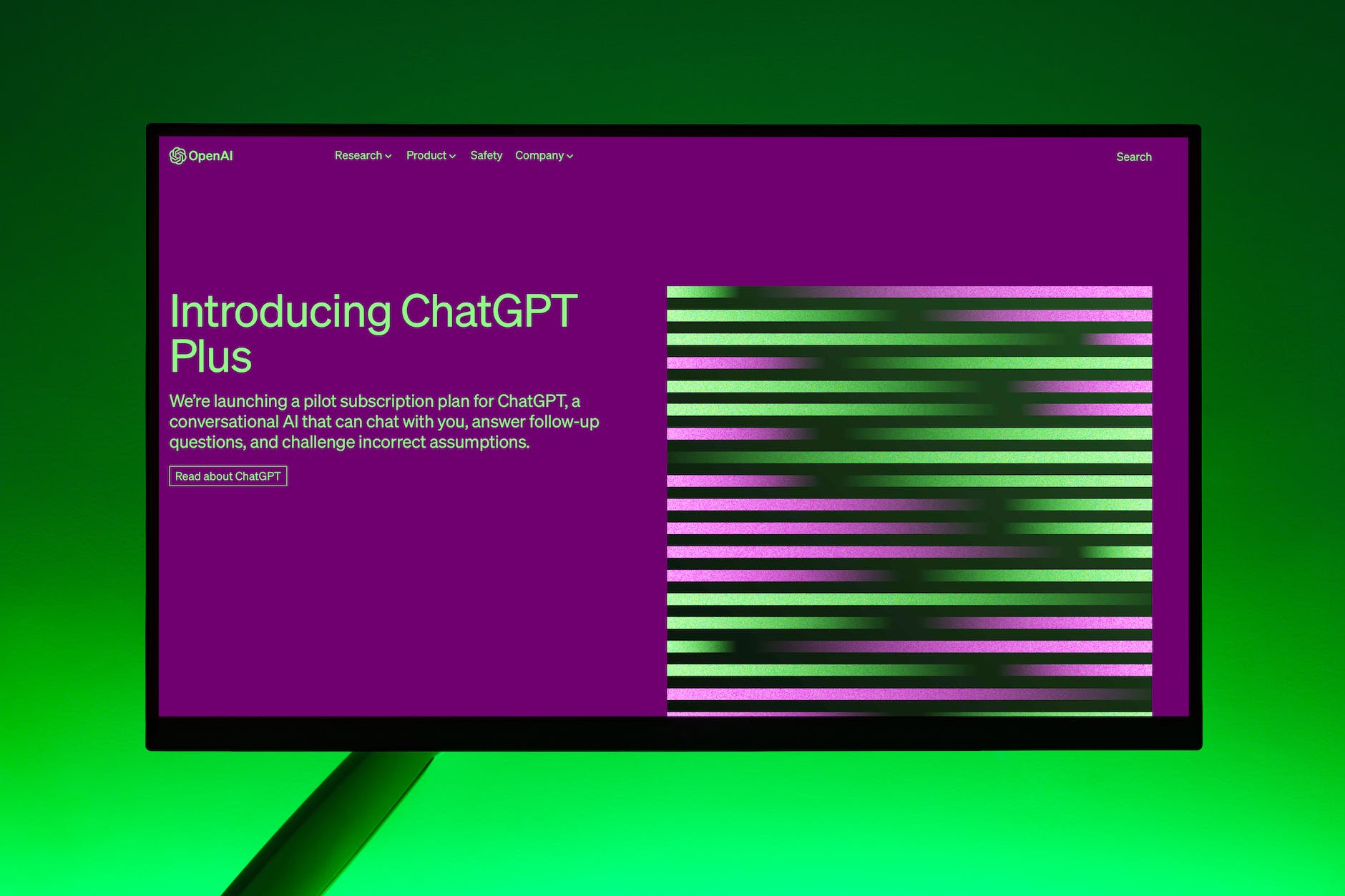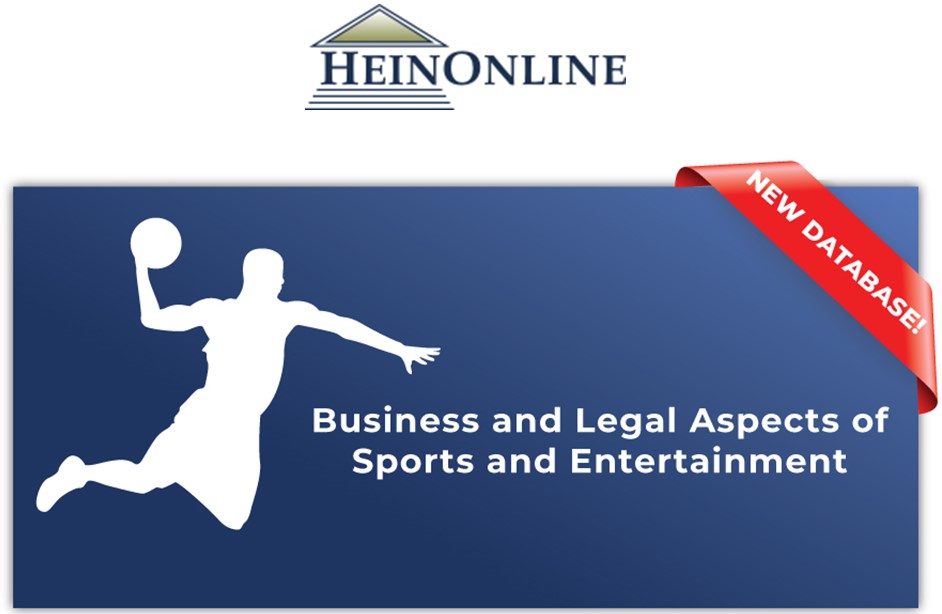In light of the exciting new advances going on in generative AI, I thought it would be helpful to provide students with some high-quality resources so that you can wield this technology effectively. Obviously, this is still a developing field and you need to exercise caution when you are applying this technology.
Suffolk University Boston’s Law School’s Libguide, “Student Guide to ChatGPT”
This brief guide will give you the broad strokes of how what ChatGPT is and how you could potentially use it in law school (and beyond). It gives a brief technical overview of how the technology works and tells you how to get your account started.
Chat Generative Pre-Trained Transformer, or ChatGPT, is an artificial intelligence chatbot developed by OpenAI. It is a large language model (LLM) chatbot and was designed to mimic human conversation but has developed a broad range of functions. Chat GPT is a versatile program, with the capacity to debug code, compose music, and more!
“What is Chatgpt?” Suffolk university Law Library
This libguide made by our friends at the University of Arizona’s Law Library gives an excellent brief introduction to generative AI text generators and highlights their potential as a useful tool for legal research, while also acknowledging their limitations and potential pitfalls.
This guide covers both ChatGPT and Bing and gives clear examples of how you could use it to brief a case, help your IRAC or CREAC for legal memo writing, and even help you perform legal research.
As always, if you have questions about new technology do not hesitate to reach out to one of the law librarians at Ross-Blakley. I have been closely following the development of generative AI and love talking about it with students.




